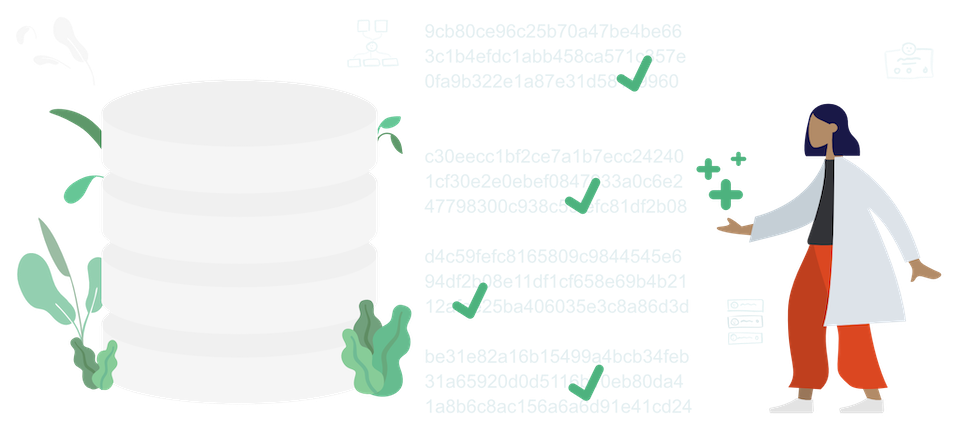Staking in a nutshell
Staking is crypto's answer to the interest earnings of a traditional savings account. But instead of giving a bank your funds as collateral for their own investments, your delegated funds provide validation power to the decentralization of a blockchain. As compensation for a successful block validation, the network will reward delegators with its tokens.
Want to learn how blockchain is transforming midwifery? Check out our free course
Crypto Staking as Form of Financing
Crypto doesn’t have to be risky or speculative - it can be a tool for sustainable funding and real-world impact!
Rather than relying solely on traditional fundraising or venture capital, staking allows supporters to back our development in a decentralized way - without giving up control of their assets.
By delegating to our BIRTH stakepool, you contribute to our mission and become eligible for participation incentives.
The mechanics behind this process are explained in our free blockchain course.
Prevention of Non-Midwifery Influence on AI-Governance
Once our midwifery platform launches, our Tokenfusion model will take this a step further - enabling decentralized, stake-backed support for midwifery services.
At the core of this system is a utility token designed to ensure that midwives can sustainably manage AI-driven healthcare tools through Tokenflow mechanisms and Babel fees. It is earned through real-world midwifery work and plays a key role in facilitating seamless access to decentralized healthcare resources.
This structure helps maintain decentralized integrity - ensuring AI governance remains in the hands of those who directly contribute to maternal care, rather than being shaped by early financial movers.
Here is Why We Use Crypto Staking on Cardano
At Larissa.Health, we believe Cardano represents the most advanced and secure blockchain technology available today. Its non-custodial staking model aligns with our vision of true financial autonomy, enabling us to develop sustainable, community-driven solutions for midwifery and healthcare.
Why Should You Stake with Our BIRTH Stakepool
By staking with BIRTH, you’re not just earning rewards—you’re actively supporting a decentralized, fair, and future-proof healthcare ecosystem.
Want to learn how blockchain is transforming midwifery? Check out our free course


